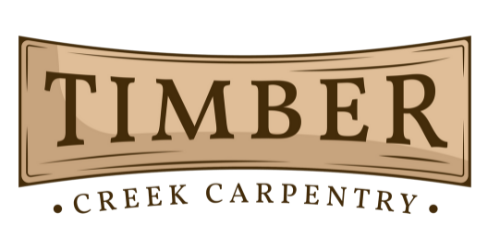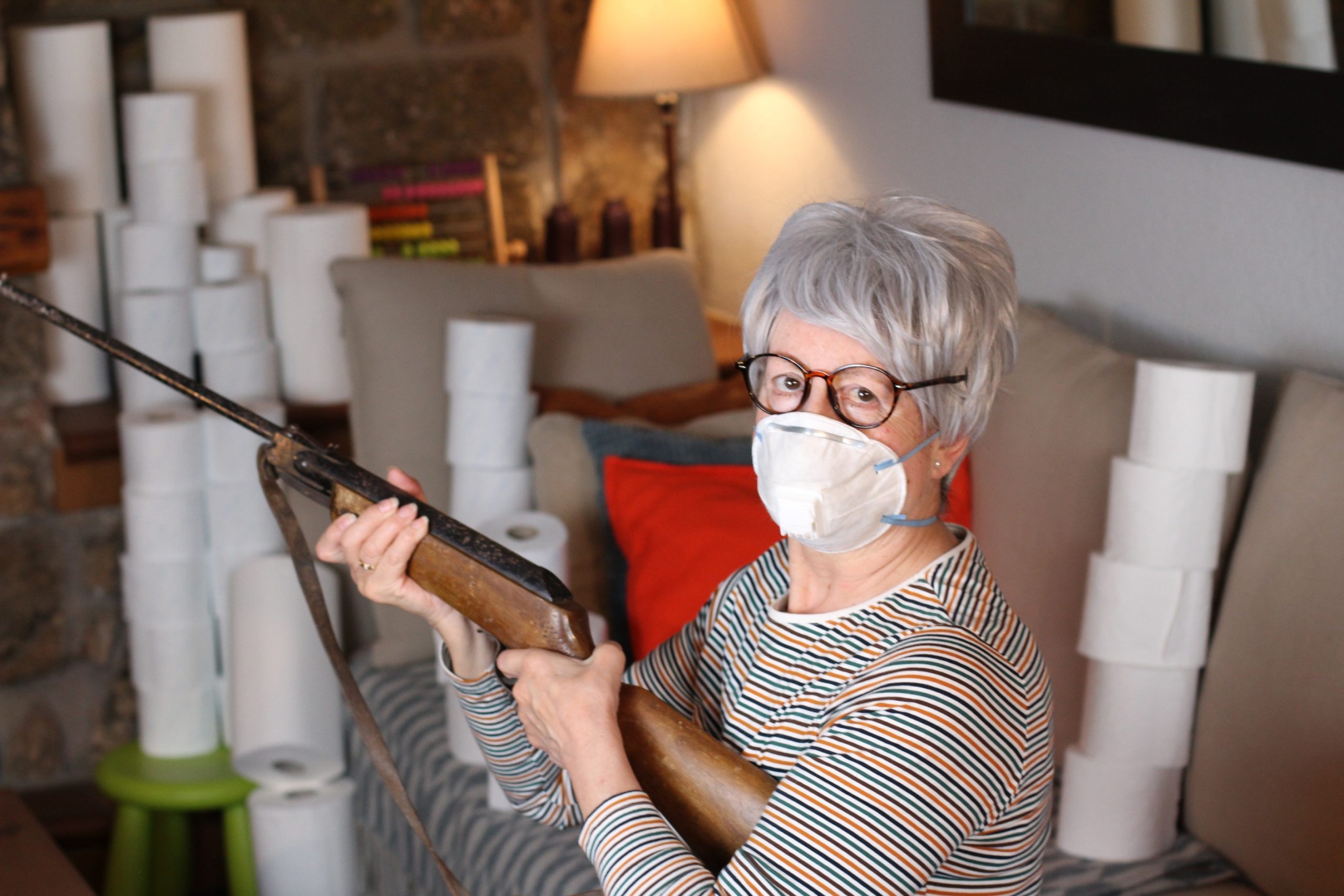Urban Areas:
-
-
- Food Logistics & Urban Farming: With supermarkets unreliable, rooftop gardens, community greenhouses, and local food deliveries become vital.
- Currency Exchange & Precious Metals Dealers: People look to swap collapsing currency for dollars, gold, or silver.
- Repair Services: Electronics, cell phones, shoes, clothing — anything to avoid buying new.
- Barter Markets & Trade Hubs: Businesses that facilitate safe bartering thrive.
- Security Services: From private guards to home fortification services.
- Black Market Resellers: Fuel, medicine, imported goods — although legally risky, these often boom in collapsing economies.
-
Rural Areas:
-
-
- Agricultural Production: Eggs, milk, vegetables, grains — staples fetch barter or hard currency.
- Seed Banks & Heirloom Seeds: Seeds become as valuable as money when food production is local.
- Animal Husbandry: Chickens, goats, rabbits — fast-reproducing livestock offer income and barter.
- Craft and Tool Making: Knives, farming tools, soap, candles — all become valuable again.
- Alternative Energy Services: Small-scale solar setups, firewood collection, water filtration sales.
-
Top Items for Trade or Resale in Collapse
-
-
- Food (especially canned, dried, or preserved)
- Fuel (gasoline, propane, firewood)
- Alcohol and cigarettes
- Soap, shampoo, and hygiene items
- Ammunition
- Batteries and lighters
- Antibiotics and first aid
- Clothing and footwear
-




